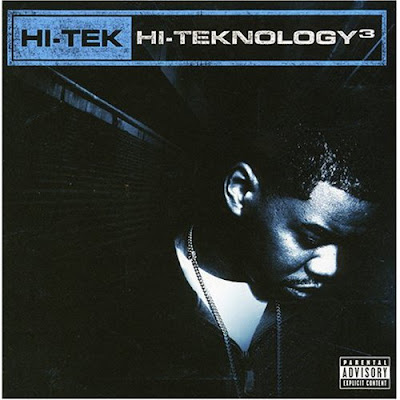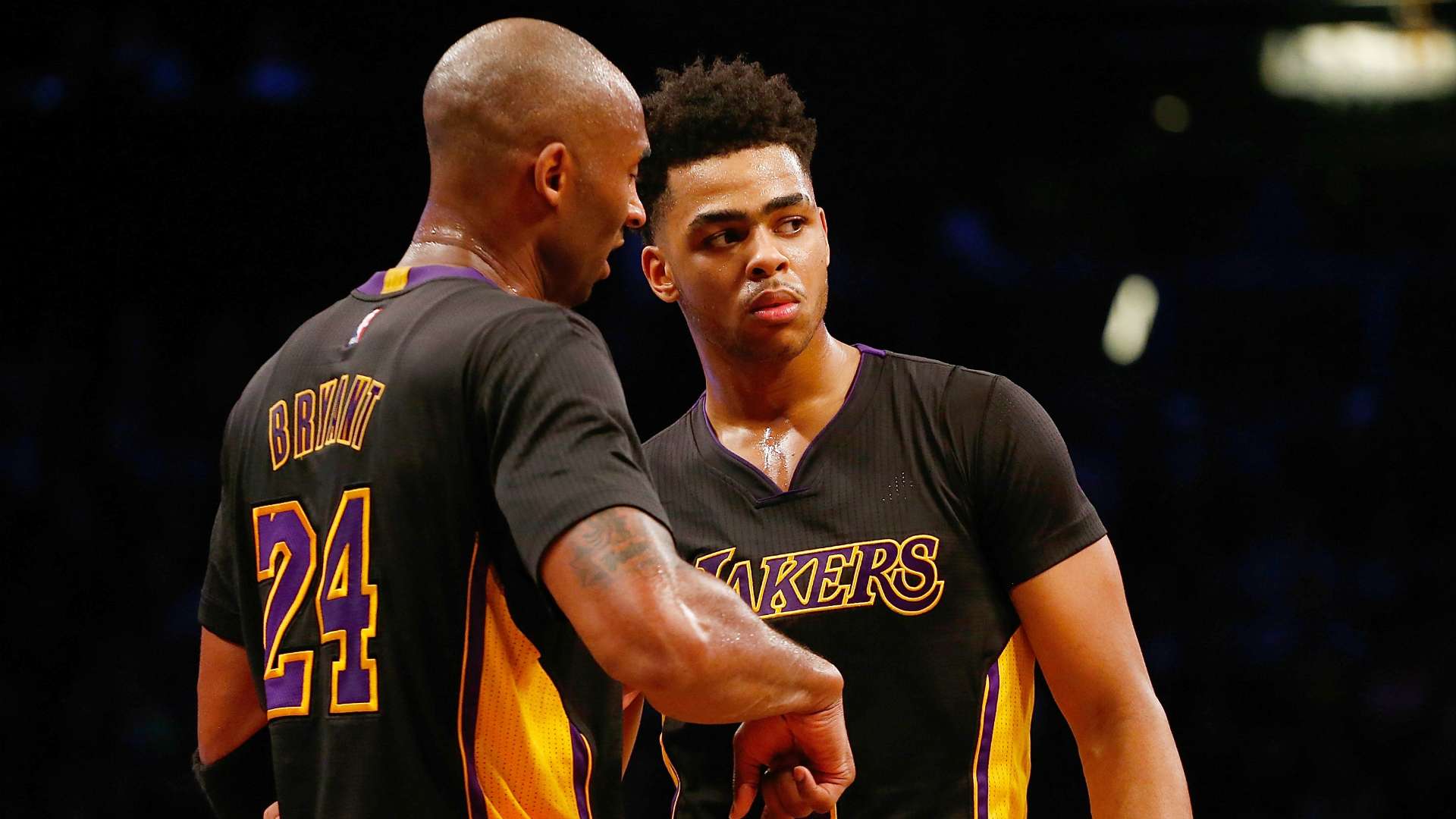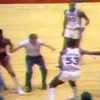Post#38 » by BoutPractice » Sun Mar 25, 2012 2:08 pm
You can learn a lot by comparing "busts" and "gems".
While some teams seem to get it wrong all the time, others consistently manage to draft quality players, the Spurs being the prime example. How do they do it? It isn't pure coincidence when the same front office keeps getting great results over an extended period of time. Obviously a lot of it is due to player development (you can argue that Popovich turns players that would have been busts elsewhere into positive contributors), but it can't be the only explanation.
By looking at track records both from great and poor organiations, a few patterns start to form.
* First of all, don't believe in consensus. Believe in your own hard work.
* Secondly, draft order is deceptive. You can find busts and gems everywhere:
- there is often a bust waiting to happen in the top 5. He can even be the consensus top pick or #2 pick. Oftentimes, the bust is one of those:
1) a victim of hype due to a great tournament performance in college playing for a stacked team that hides his weaknesses. He is labeled a "winner" (an amusing case of reverse causality - he didn't win because he is a winner, he is a winner because he won). However, when you ask yourself "what can he bring to an NBA team", or "what is so special about him compared to the other players in the draft", or "could he ever become a superstar", you struggle to find reassuring answers. If he was only seen as a late first rounder before March Madness, beware.
2) an international prospect you didn't know anything about until two weeks before the draft.
3) an athletic freak who absolutely killed it at the combine/workouts. Usually a big man who has no idea how to play organized basketball but "looks good" going 1 on 0.
- conversely, there is often a top 3 talent in the late lottery. If you're picking 10th, chances are he's still available. Usually a player who used to be thought of as one of the most talented players in the country but who fell in the draft due to overreaction to a single event (a disappointing tourney performance, a question mark about a potential injury, some kind of rumor). If, in particular, he's an athletic freak who can score in a variety of ways (even better if he has an outside stroke), you have to pick him. You will get the last laugh when he's putting up 20+ppg while that African seven footer who has never played any basketball in his life but could be a dominant defensive presence if he had any idea where he is on the court is out of the league.
- there's also a top 5-10 talent hiding in the late first round, surrounded by fantastic role players who are "sure things".
And most importantly:
- in most years, there's everything you need in the second round. At least one really great role player/complementary piece, a future "instant offense off the bench" type player (if he's labeled as "incredibly talented" but "selfish", counter-intuitively, you HAVE to get him, he's the perfect low risk/high reward choice. Plus chances are he's bursting with confidence and eager to prove people wrong), possibly even an all-star. So don't underestimate the second round. Spend A LOT of time scouting players who are projected to be in the second round.
* Thirdly, come prepared. Do your job. On draft day, you should already know your plan A, B and C. Don't be swayed by events, trust instead a thorough scouting report with detailed statistical analysis. It's not perfect, but it certainly is more accurate than hype. You want to pick a player based on fundamental value as opposed to "market" value.
* Think of the best case scenario... and the worst case scenario. The worst case scenario has to be the real worst case scenario (the ones on Draftexpress tend to be overly optimistic). Is there a possibility this player will be out of the league in a few years?
* Pay little to no attention to combine results. An NBA player is athletic enough to make it in the NBA if he can play against the future most athletic players in the NBA. For instance, this year, a great individual performance against Kentucky and Anthony Davis would be a positive sign.
* Don't pick international players if you don't have enough information about them. What you don't know can kill you.
The Spurs know what they're doing with international players. You don't. They probably spend a lot of time and resources scouting them, wherever they are. You don't stand a chance if you don't do your homework.
Don't listen to rumors, it helps to actually watch the guy play, to actually watch European games from time to time. It didn't take a genius to realize Ginobili would thrive in the NBA. Nor did it take a genius to realize Milicic would be a bust. You just had to watch them.
If you insist on believing fairytales about international players, you'll keep on picking Tshikishvilis in the top 5 while the Spurs draft the Ginobilis, Parkers and Scolas of this world much later.
If you do pick an international player, make sure that he actually wants to be in the NBA, that you won't have to wait for him forever, and that he is mature enough to adapt to NBA life.



 )
)


























